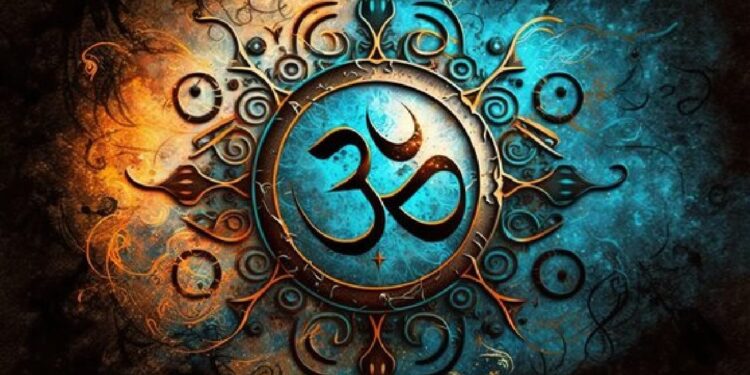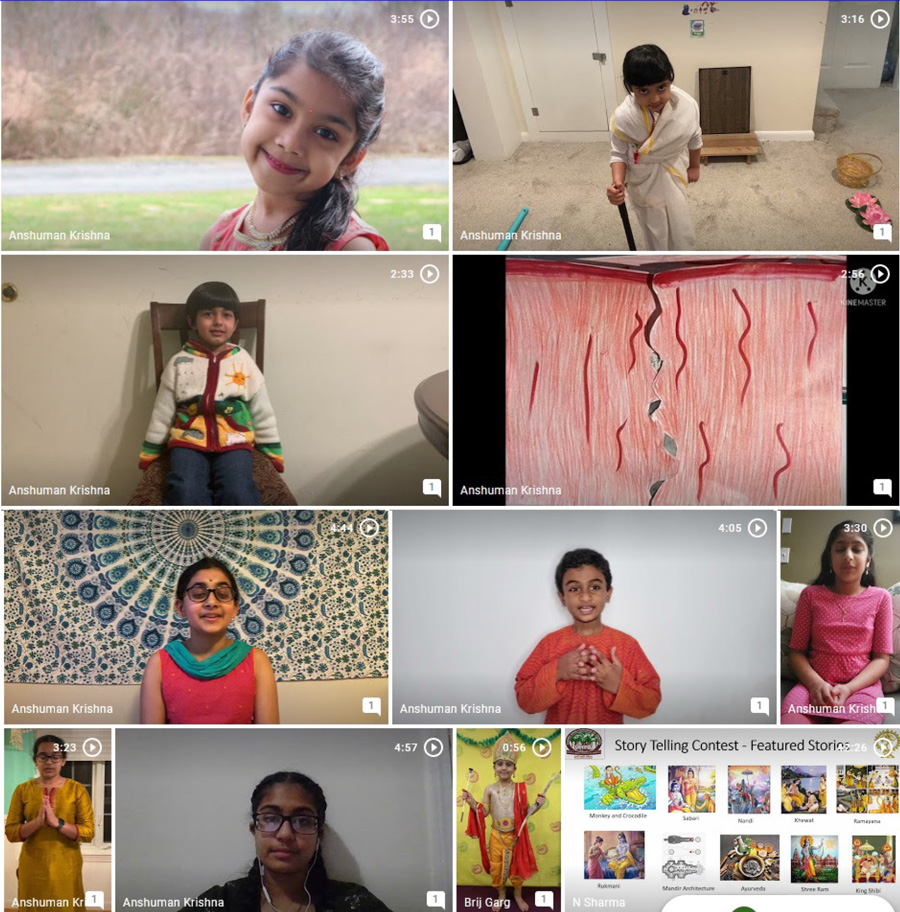Hindus in the USA have been labeled as the “model minority” and “overachievers,” sometimes pejoratively referred to as “nerds.” Many first-generation Hindus in the US, who migrated due to the lack of opportunities in their native countries, boast impressive educational backgrounds. These Hindus often focus on raising their children to be competitive academic prodigies. However, the children of these professionals, who prioritize academic excellence over social traits, often lack the skills, savvy, and poise needed to find a life partner to lead a successful married life. Many struggle to navigate the complex interplay of reciprocal accommodation required for a successful relationship. It has been observed that while girls often receive disproportionate attention from parents to teach them “values,” boys are often neglected or taught more with strictures than with guidance. Below are some reflections to help young men navigate the complexities of love and companionship.
Despite modern discourse on equality, traditional courtship still persists and matters. Women often appreciate when their male partners take the lead in expressing their intentions. This approach does not diminish one’s value but rather acknowledges the importance of intentionality and respect. Referring back to Ramayan, where Bhagwan Ram embarked on a journey to Sita’s swayamvar to seek her for marriage and to prove worthy of her respect and love. Lord Shiva settled in Varanasi for Mata Parvati’s comfort and security, even though his essential nature was that of an itinerant and mountain dweller. These narratives underscore the values of devotion, commitment, and sacrifice in relationships—lessons that remain relevant today.
Hindu women play a crucial role as carriers of culture, preserving traditions through rituals and customs. Many cultural and religious emblems that men might struggle to embrace are proudly adorned by Hindu women—be it traditional attire, tilak/bindis, food, Pooja, fasting, and other samskars. These are not mere formalities but threads that weave the fabric of our identity and heritage. Embracing and honoring them as integral parts of any union is essential.
In our culture, the importance of security for women has long been understood, even for those who are fiercely independent. This security is not solely about financial stability, though that certainly plays a role, but also about providing emotional reassurance and a sense of belonging. Attachment runs deep in women, and what may appear trivial to some can hold immense significance for others. In the quest for companionship, it is crucial to pay heed to the nuances of emotions and the power of connection.
Communication is the cornerstone of any successful relationship. It must be based on transparent, mutually respectful, truthful, and empathetic interactions. Besides being a good listener, one must understand that being truthful does not mean being hurtful. Timing and sensitivity are crucial. Building trust takes time and effort but can be shattered by a single misstep. Remember, marriage is not just the union of two individuals but of two families and their legacies. Honoring and cherishing both sides equally is vital.
The focus should not be overtly on one’s own selfish desires but on understanding the partner’s needs and aspirations and how each can help the other in fulfilling them. Curiosity is the prerequisite to knowledge, knowledge leads to wisdom, wisdom to love, and love to bliss. Completing the prerequisite of knowing the other person’s dreams and desires allows the rest to follow. Equality is not about reciprocity; it is about what we give and accept what the other person has to offer.
In Hindu dharma, we do not have commandments. We have dharmic morality described in our scriptures. Ego is the biggest detriment to a successful marriage and it destroys families, ruining current and future generations. The principle of Karma is unique and distinct in our culture and philosophy. We do not have a linear but cyclical view of time. Remember that we stand where we are because of the sacrifices and love of our ancestors, and it may be necessary to sacrifice some dreams and dollars for the love and success of what may come in the future.
Be wise with words and set the tone by actions. Be true to your words and lead by example. These perspectives, shaped by our dharma and familial wisdom, are shared with the hope that they will guide our youths as they embark on this sacred endeavor. This is crucial for our future generations.
गभ्णामि ते सौभगत्वाय हस्तं मया पत्या जरदष्टिर्यथास: |
I hold your fortunate hand so that we grow to live a long life together.




![[ India Today ] Ohio senator JD Vance thanks wife, a Hindu, for helping him find Christian faith](https://hinduvishwa.org/wp-content/uploads/2024/06/us-senator-jd-vance-reveals-how-his-hindu-wife-usha-helped-him-find-his-christian-faith-image-re-272530504-16x9_0-120x86.webp)










